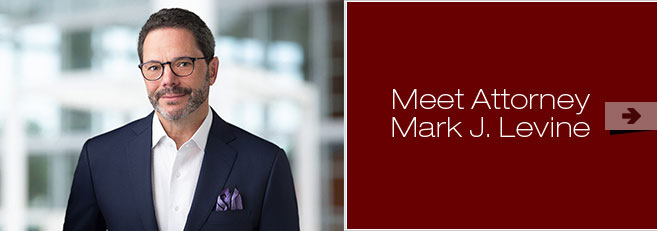Categories
Recent Posts
- A Better Way to Limit the Overuse of Noncompete Agreements
- NAVIGATING THE EEOC’S RECENT REGULATIONS ON THE PREGNANT WORKERS FAIRNESS ACT
- Meaningful Harassment Training
- Put it in Writting
- Get A Receipt: How to stop employee misappropriation
Archives
- August 2024
- June 2024
- December 2023
- October 2023
- May 2023
- February 2023
- October 2022
- August 2022
- May 2022
- April 2022
- March 2022
- January 2022
- June 2021
- May 2021
- December 2020
- September 2020
- July 2020
- May 2020
- March 2020
- February 2020
- December 2019
- October 2019
- September 2019
- June 2019
- April 2019
- March 2019
- January 2019
- December 2018
- September 2018
- June 2018
- May 2018
- February 2018
- January 2018
- December 2017
- September 2017
- July 2017
- May 2017
- April 2017
- January 2017
- October 2016
- September 2016
- July 2016
- June 2016
- May 2016
- March 2016
- February 2016
- December 2015
- November 2015
- October 2015
- August 2015
- June 2015
- May 2015
- March 2015
- January 2015
- December 2014
- November 2014
- September 2014
- August 2014
- July 2014
- May 2014
- April 2014
- March 2014
- February 2014
- January 2014
- November 2013
- September 2013
- August 2013
- July 2013
- June 2013
- May 2013
- April 2013
- February 2013
- January 2013
- October 2012
- August 2012
- July 2012
- May 2012
- April 2012
- January 2012
- December 2011
- November 2011
- October 2011
- September 2011
- May 2011
- March 2011
- January 2011
- December 2010
- November 2010
- October 2010
VEGAS & LITIGATION
Posted on November 30, 2015 in Consulting
Today, I want to dismantle the notion that a jury trial is like a roll of the dice at a craps table. Litigation has nothing to do with dice. The better analogy is poker, my favorite game.
I recently had an enjoyable trip to Las Vegas with a few friends. When in Vegas, I am always drawn to that raucous attention that surrounds the craps tables. But I last played craps in 1996. I spend my time far away from the fun-loving hip people at the craps tables, instead submerged in the poker room where people of all ages congregate to show off their strategy, math skills, and smarts. These same qualities, and not the luck of the dice, determine success in litigation. Let me explain…
Know “your hand”
We all know a good starting hand in Texas Hold’em: a pair of aces (“bullets”), ace-king, and suited big connectors. We also know what a good defense looks like in an employment claim. Rather than looking for high cards and suits (not lawsuits but: ♣ ♠ ♦ ♥), we focus on key questions:
- Is there good documentation to support the decision?
- Was the employee given a fair opportunity to correct his behavior?
- Was the discipline consistent with the employer’s practices?
- How long was the employee with the company?
- Was the employment decision vetted by management in consultation with human resources?
Employers need to know their “hand” before acting on a significant employment decision.
You can improve your position at poker and in litigation
Sometimes my son (see photo on right from summer vacation) and I watch Youtube segments of World Series of Poker tournaments. We love to study how players act as they try to improve their position at the table with the flop, turn, and river. Smart litigators draw on similar strategies working to improve their hand as the case progresses.
My trademark — Helping Employers Avoid the Courthouse® — reflects my strategy working with clients. I love helping clients strategize an approach to a complicated situation. Sometimes we create the facts that determine the hand we will be dealt. For example, when we counsel a client to place an employee on a performance improvement plan rather than terminate we are consciously aware that our hand is not yet strong enough to justify firing someone. Sometimes, my job is to help a client decide that waiting to terminate is a mistake and that its time to cut the relationship before the hand goes south. It’s all about reading the facts (the hand) to decide how to best act.
You can exit litigation and poker graciously
I quickly learned to hate the rollercoaster ride from euphoria to depression that I will always associate with playing craps. While emotionally exciting, there is zero skill in craps. Just as you are riding high, suddenly the 7 hits and all your money goes away. Hence, I gave it up years ago.
As Kenny Rogers explains, Poker, in contrast, allows a player to “know when to fold them.” So too employers need to assess the situation and know how to play a weak hand. Indeed, the real talent in the practice of law is not winning a good hand but knowing how to play out weak cards.
I hope you enjoyed my thoughts for the month, and more important, I wish you and your families a wonderful holiday season.

